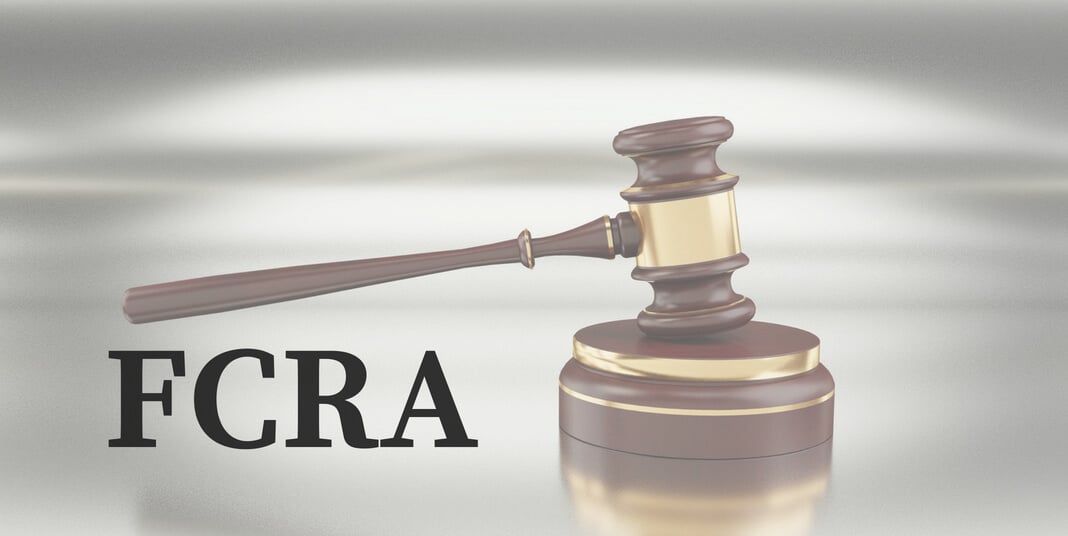About Foreign Contribution Regulation Act (FCRA):
- It is a law enacted by Parliament to regulate foreign contributions (especially monetary donations) provided by certain individuals or associations to NGOs and others within India.
- The Act, in its consolidating form, was originally passed in 1976 and majorly modified in 2010.
- The Act aims to prevent foreign organisations from influencing electoral politics, social, political, economic, or religious discussions in India for wrong purposes and activities detrimental to the public interest.
- The Act falls under the purview of the Ministry of Home Affairs (MHA).
- ‘Foreign Contribution’ means the donation, delivery or transfer made by any foreign source of any:
- article (not being an article given to a person as a gift for his/her personal use, the market value of which is not more than one lakh rupees);
- currency (whether Indian or foreign);
- security.
- Contributions made by a citizen of India living in another country (e.g. a Non-Resident Indian (NRI)) from his/her personal savings through the normal banking channels, will not be treated as foreign contributions.
- Who can Receive Foreign Contributions? Any person can receive foreign contribution provided:
- The person has a definite cultural, economic, educational, religious, or social programme;
- The person must have obtained FCRA registration/prior permission from the Central Government and
- Person includes
- an individual;
- a Hindu Undivided Family;
- an association;
- a company registered under Section 8 of the Companies Act, 2013;
- The foreign contribution received has to be utilised only for the purpose for which it has been received, and not more than 20% of the foreign contribution received in a financial year can be utilised to defray administrative expenses.
- The FCRA requires every person or NGO seeking to receive foreign donations to open a bank account for the receipt of foreign funds in the State Bank of India, Delhi.
- Registration under FCRA:
- It is mandatory for all such NGOs to register themselves under the FCRA.
- The applicant should not be fictitious or benami and should not have been prosecuted or convicted for indulging in activities aimed at conversion through inducement or force, either directly or indirectly, from one religious faith to another.
- The registration is initially valid for five years, and it can be renewed subsequently if they comply with all norms.
- Registration can be cancelled if an inquiry finds a false statement in the application. Once the registration of an NGO is cancelled, it is not eligible for re-registration for three years.
- The ministry also has the power to suspend an NGO’s registration for 180 days pending inquiry and can freeze its funds.
- All orders of the government can be challenged in the High Court.
Q1) What is an NGO?
A non-governmental organization (NGO) is a group that functions independently of any government. It is usually non-profit. NGOs, sometimes called civil society organizations, are established on community, national, and international levels to serve a social or political goal such as a humanitarian cause or the protection of the environment.
Source: Indian NGOs registered under FCRA will have to give details of foreign funds now
Last updated on July, 2025
→ UPSC Notification 2025 was released on 22nd January 2025.
→ UPSC Prelims Result 2025 is out now for the CSE held on 25 May 2025.
→ UPSC Prelims Question Paper 2025 and Unofficial Prelims Answer Key 2025 are available now.
→ UPSC Calendar 2026 is released on 15th May, 2025.
→ The UPSC Vacancy 2025 were released 1129, out of which 979 were for UPSC CSE and remaining 150 are for UPSC IFoS.
→ UPSC Mains 2025 will be conducted on 22nd August 2025.
→ UPSC Prelims 2026 will be conducted on 24th May, 2026 & UPSC Mains 2026 will be conducted on 21st August 2026.
→ The UPSC Selection Process is of 3 stages-Prelims, Mains and Interview.
→ UPSC Result 2024 is released with latest UPSC Marksheet 2024. Check Now!
→ UPSC Toppers List 2024 is released now. Shakti Dubey is UPSC AIR 1 2024 Topper.
→ Also check Best IAS Coaching in Delhi















